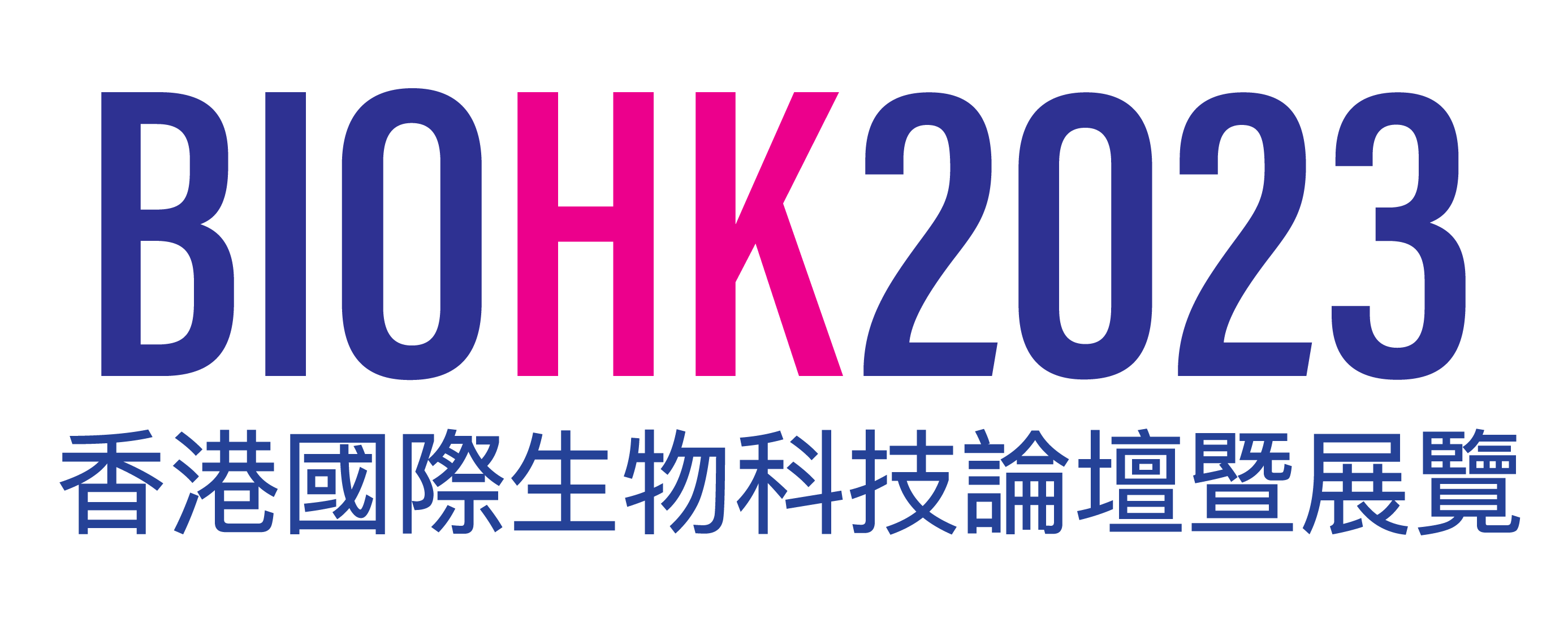Startup Sana Biotechnology could go public at a $10 billion valuation. Recent history suggests the high price tag may be worth it.

A biotechnology startup is poised to go public with a roughly $10 billion price tag a year before it begins human clinical trials for its drug candidates. That isn’t as crazy as it sounds.
Sana Biotechnology, which is developing cell-engineering platforms that it says could change the way many diseases are treated, plans to sell $150 million of stock in a coming initial public offering, the company said in a securities filing last week. While it is unknown how many shares it plans to sell, investors are expecting a valuation of between $9 billion and $12 billion.
The Sana IPO is arriving as biotech stocks are near records. A broad index of small and midsize biotech firms has rallied about 60% in the past year. And Sana won’t be delivering on its promises anytime soon: Clinical trials in humans for its drug candidates won’t begin until 2022.
That backdrop will understandably scare some investors. Ambitions to tackle cancer, diabetes and central-nervous-system disorders under one roof aren’t cheap. While Sana has $459 million in cash and equivalents on its books, it spent $153 million on research and development in the first nine months of 2020, up from $80 million over the same period in 2019. Expenses tend to grow as drug programs advance to later stages. Furthermore, stocks with a long-dated potential payoff, like speculative biotechs, are likely to underperform should the Federal Reserve choose to tighten monetary policy. And of course, drug development is notoriously uncertain, and there is a chance that a Sana drug candidate never reaches the market.
That logic, however, would have caused investors to eschew Moderna when it went public in late 2018 at a $7 billion valuation, which at the time was a record for a biotech IPO. Those who bought and held have enjoyed a sevenfold return on their investment in just over two years. That trade wasn’t merely a lucky speculation, either: The company expects at least $11.7 billion in revenue this year from government-purchase agreements for its Covid-19 vaccine, and its success in developing an effective vaccine so quickly bodes well for its other programs in development.
Source (https://www.wsj.com/articles/biotechs-price-tag-is-crazy-but-not-insane-11610974801)

